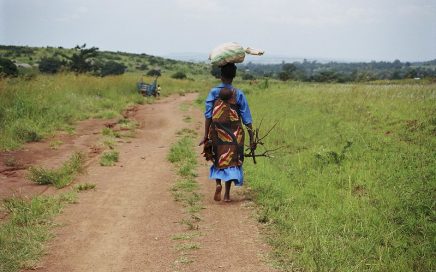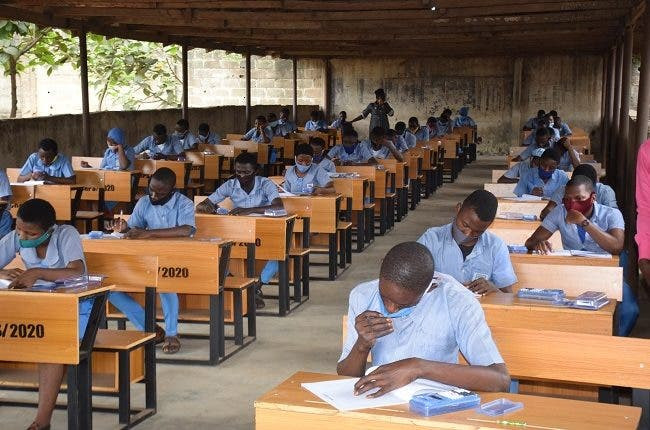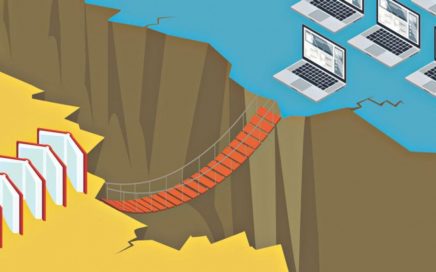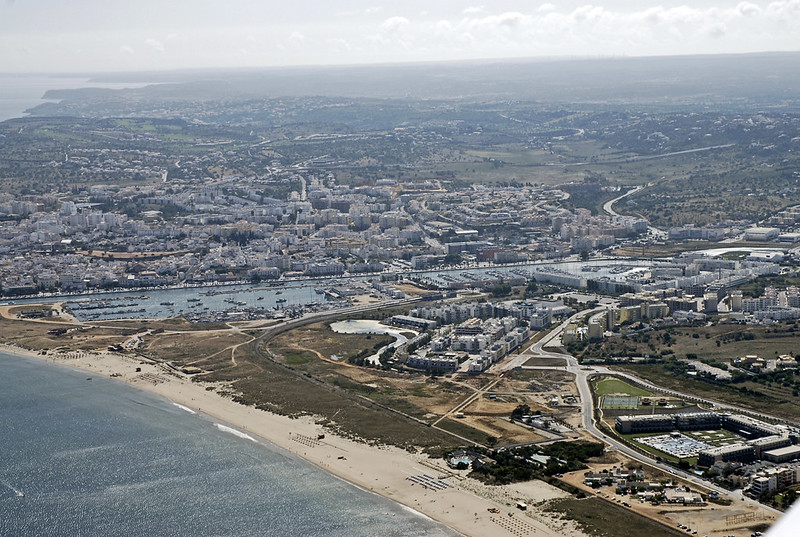
Public Goods and Infrastructure
In developing countries, the provision of public goods like education or the building of key infrastructure like electricity plants are particularly vulnerable to corruption. This is because the development and management of these sectors requires enormous resource and rent allocation, typically in the form of regular resource flows and long term financial commitments.
Public procurement is particularly weak in fragile institutional and governance settings and thus a key target of corruption. Politically-connected businesses strike deals which wouldn’t be possible in a competitive and rule following settlement, while political factions extract significant resources from these deals for financing their campaigns and networks.
Land is another area in this broad sector, where the enforcement of the rule of law is difficult due to conflicting claims and rights. In developing countries transitioning from traditional land rights to individual property rights, corruption becomes the mechanism through which opposing sides try to resolve their disputes. In some cases, corruption can lead to individual and communal land rights expropriation, as well as widespread land grabbing.
ACE will generate evidence on the specific corruption problems affecting these sectors, starting with the power sector, across our three countries. For example, we will be looking at the lack of sufficient and reliable electricity – one of the most critical bottlenecks to transformation and business investments in developing countries. Limited access to electricity consumption also affects the well-being of large, diverse segments of the population, and invites inefficient and environmentally damaging practices such as a reliance on costly and polluting technologies.
Similarly, addressing corruption in land allows us to unlock several interdependent political, social and economic tensions in the private sector. In Tanzania, we will also analyse the port and the customs sectors, which are major infrastructural issues affecting the country.







